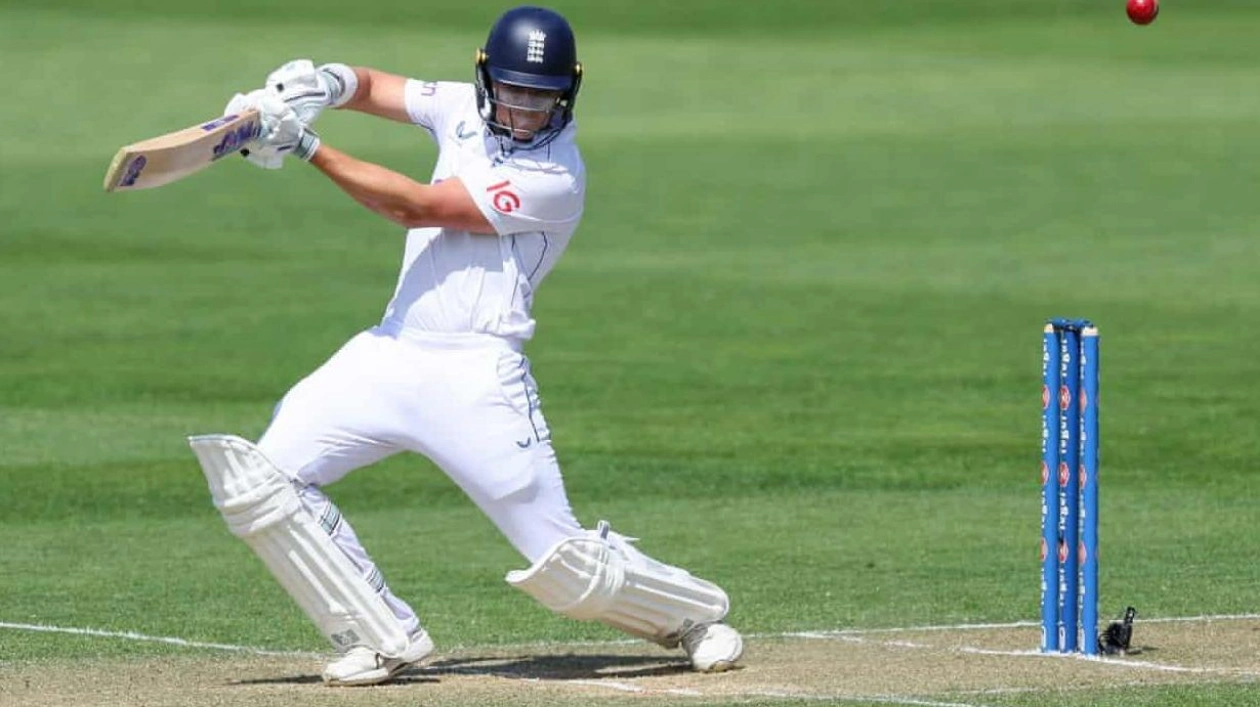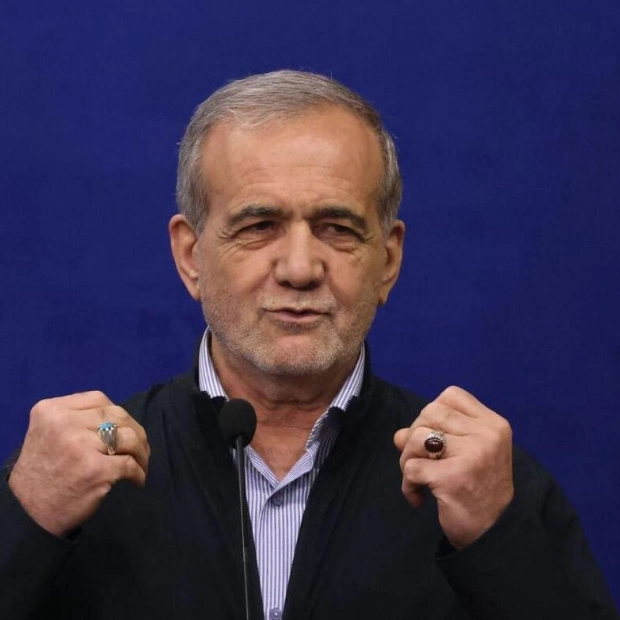Unless you're Australia, winning a Test series in New Zealand is no easy feat. India hasn't managed it since 2008-09, and England hadn't until 2007-08. The muted praise for England's recent success suggests New Zealand is often underestimated, both in victory and defeat. If the first Test was a flawed slugfest, the second was a clinical dismantling. England applied relentless pressure on a strong New Zealand team—just listen to how often captain Tom Latham repeated that phrase—until they cracked. In both matches, England saw early batting collapses as a cue to push harder, a common theme in the first Bazball summer, indicating a team in robust form when it succeeds. It was also notable that, for the first time in a while, England's players seemed to be enjoying themselves immensely. A thriving team is often one where the emergence of a rare talent complicates rather than clarifies matters. In 1980 or 1994, Jacob Bethell would likely have been a permanent fixture at No 3 for the next 15 years, but he's not yet in England's strongest lineup. Despite this series solidifying Ollie Pope as a natural No 6, he'll likely return to No 3 when Jamie Smith is back. This will undoubtedly provoke a flood of expletives, but none of the alternatives are convincing. Ben Stokes fits best in terms of technique and temperament, but his intense fielding requires decompression time. Pope, an admirably selfless player, is the least disruptive compromise. However, for the first time, there's a credible alternative to him, and even Zak Crawley waiting in the wings.
Shane Warne's one-year ban in 2003 for using a performance-enhancing drug—reportedly a tablet to reduce a double chin—was a blessing in disguise. "In losing a year of prime wicket-taking, he gained several more years of rejuvenated physique and drive," wrote Gideon Haigh, co-founder of the excellent website Cricket Et Al, in his book On Warne. Haigh described Warne's year off as "performance-enhancing rest," a phrase that comes to mind whenever Brydon Carse demolishes a wicket. Carse's three-month ban for betting offenses has transformed him. He's fitter, more focused—almost eerily so at times, as seen when he bowled Kane Williamson with a no-ball in Wellington—and his bond with Ben Stokes has never been stronger. Stokes, a paragon of empathy, supported Carse during his suspension; Carse now seems willing to go to the ends of the earth for Stokes, let alone run.
Just as batters can fix one issue and inadvertently create another, Rob Key's successful overhaul of English cricket's DNA has had an unintended consequence. For the first time in living memory, England appears short of classical new-ball bowlers. That's why Chris Woakes should start next summer against India and make the Ashes squad, possibly the team. Woakes has had a solid winter without fully mastering the Kookaburra ball: eight wickets at 36 overall, six at 29 in New Zealand. This includes what might be the finest moment of his career outside England, a beautiful delivery to dismiss Kane Williamson with the old ball in Christchurch. Woakes has also quietly become England's closest equivalent to a holding bowler. The impressive Matthew Potts may surpass Woakes eventually, perhaps in 2025. But in the regrettable absence of Ollie Robinson, Woakes remains England's best and most skillful new-ball bowler. Even in Australia, you still need such bowlers.
Like Shakespeare's lady, sometimes Ben Stokes protests too much. After the second Test, he praised Shoaib Bashir, who took two for 110 from 19 overs in the second innings, calling his performance "amazing." Stokes's man-management is unparalleled, and there's something genuinely touching about his relationship with Bashir, but privately, he must question whether Bashir is ready for the Ashes. That's the series for which he's been fast-tracked due to his stylistic resemblance. At the same age, Nathan Lyon was a groundsman who hadn't even played first-class cricket, and spinners of all ages tend to struggle in Australia. In the past decade, only Ravichandran Ashwin and Ravindra Jadeja have had sustained success, with the combined average for touring spinners being a daunting 62. With the opening Test 347 days away, it's a race against time and a high-stakes gamble. It's also probably futile to discuss it, as barring a complete collapse in form, Bashir will start in Australia. Like the lady, Stokes is not for turning.
Source link: https://www.theguardian.com






